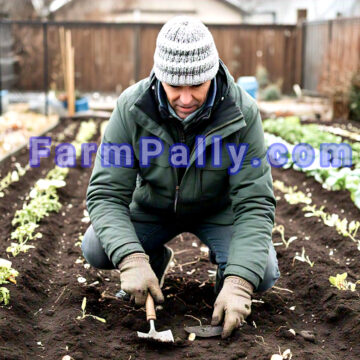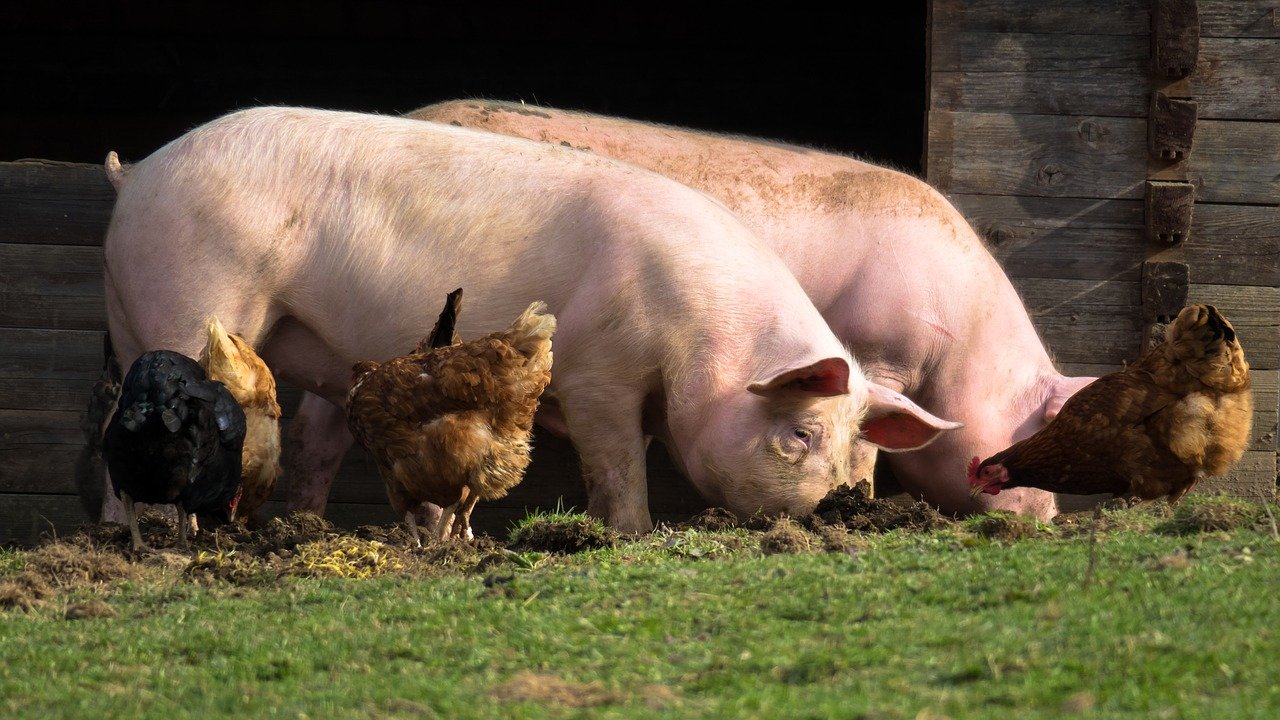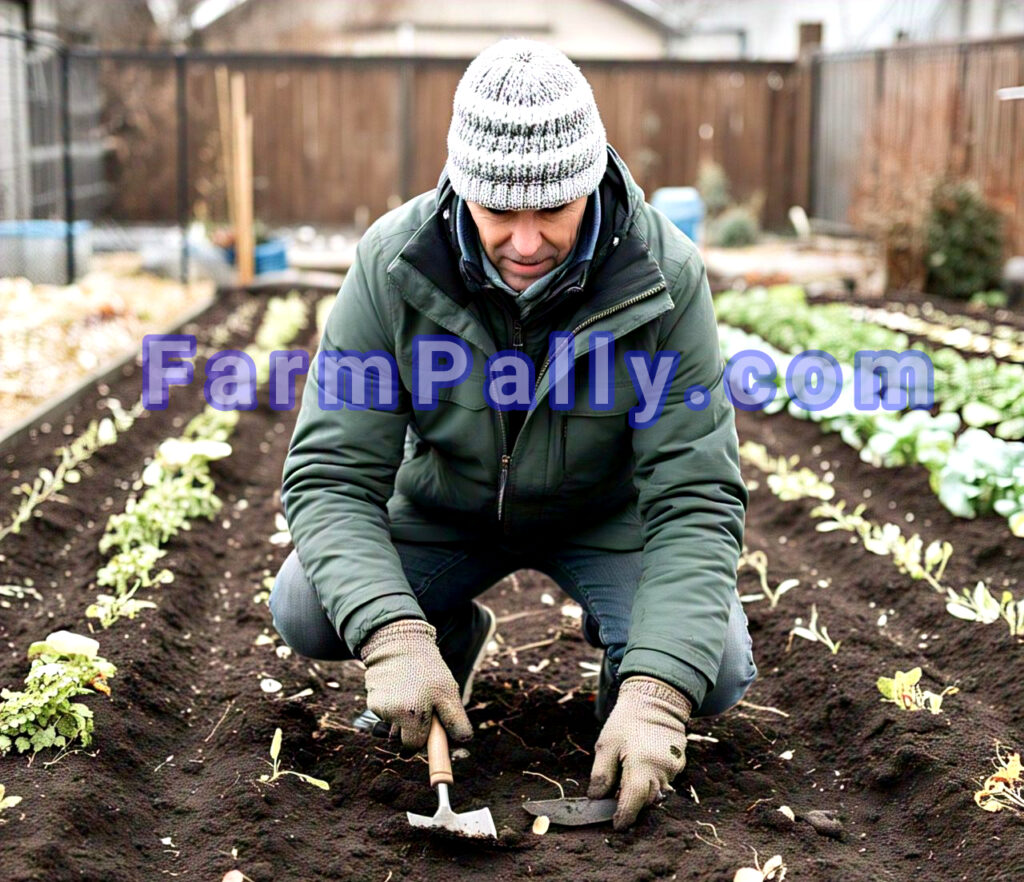Whether you’re a farmer or gardener, it’s important to clear your garden and put it in proper shape every year.
The best time to do this is usually the winter, hence the need to prepare your farm for the next planting season.
The first step for most farmers is to cut down plants that are not winter-hardy. Exceptions here are fruit trees and shrubs.
This is also the time to get your mower to work, cut low your field, and remove dried grasses from your field.
To understand the baby steps to preparing your farm or garden for winter, kindly read on.
Prune the necessary plants
You don’t only dethatch your lawn during winter, you should first prune life plants – dead branches, leaves, flowers etc.
This helps to protect the plants from drying but also reduces the chance of pests and diseases. It also enables the plants to use water and nutrients better
After pruning the right plants, remove dead plants, and plant residue on your farm.
To make the process easy for you, you should get the necessary farming supplies.
You will need a mower, leaf blower or rake, and others to remove the grasses and leaves from your field.
Remove dead matter or turn it into manure
Dead matter can help keep moisture in the soil but once you’re preparing for the next season, you should remove them completely.
This will give your field a good shape, keep it tidy and prevent pests and diseases in the following season.
You can also use them for manure as you’ll be applying fertiliser against summer.
Don’t forget compost and fertiliser
After clearing out your garden, and pruning your tree plants, you should add manure to your soil.
Compost would be preferable as it contains organic matter that enriches your field.
Having said that, a combo of fertilisers that’s rich in organic matter and minerals would be better for your soil.
Irrigation is important in winter
Irrigating your garden properly in winter is very important.
You should water your garden in a way that allows moisture to penetrate the soil so that plant roots do not dry out.
Be careful not to waterlog the soils as this can lead to waterlogging, which will damage plant roots.
Cover plants that do not need much sunlight in winter
Some plants can be protected under a blanket or fleece during the winter.
This is especially useful if you live in a region where severe frosts are common.
As soon as temperatures first drop below zero, you should cover your plants. If you don’t, the plants can become damaged and die.
Before covering your plants, you should spray them thoroughly.
This will help to soften the soil around the plant and ensure that the blanket adheres better.
Once the plant is sprayed, place a blanket over the plant and secure it with a garden hose.
If it is very windy outside, it can be useful to place a broom or rake over the blanket to keep it in place.
Once all of your plants are covered, you should check them regularly and re-spray or re-cover if necessary.
Conclusion
Your farm or garden can be messy during winter, but it’s nothing difficult to put it back in good shape with the right know-how and tools.
I’m sure you can prepare your field for a good start in winter with these tips, and once the summer is here, here are also tips to prepare your garden for summer.







